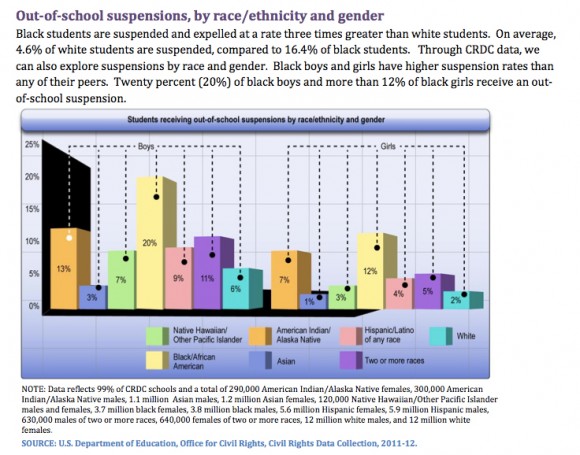By: Rob Weidamoyer
The syntax in the title is intentional- Are our rights wrong? The implication appears to be true when we consider how so much of what the Constitution provides for us as a free people seems to be intolerable and at the very least, offensive not in the rest of the world, but to those for whom our country is where they seek the freedom to communicate their disgust toward our insolent existence. What’s worse is that I’m not referring to anyone’s religion or faith, but those that would seek to tell free citizens that new music is too explicit, their skirts are too short or our respect for others is non-existent, felt from the playground to the workplace and every where in between. School administrators tell African-American girls they can’t wear bandanas, but cheerleaders can wear headbands. The marching band can’t play rock n’ roll, but the football coaches blast unedited rap through the stadium speakers. Girls aren’t allowed to wear shorts above the knee, but the dance department has costumes that make the performers appear nude.
How can certain groups be told they can exercise a right that is afforded to someone else in a country where everyone is supposed to be equal? Our students learn almost everything they know in school, including the double standards they experience on a daily basis like dress codes that tell girls they can’t wear things that will distract boys, because it’s ok to look trashy, just not in school (Glassberg, 2014). By that logic, shaming girls is way easier than teaching boys to control themselves and punish them appropriately when they do, without fear of repercussion from the state’s child welfare agency. The image below demonstrates how places like schools ironically forego educating their students on a subject in an effort to provide a more immediate way to pacify the irate.
This is not to say that men are always in the wrong, or women have no self-respect. The crux of the issue is a constant desire to keep everyone happy by somehow not generating a solution, but buying moral band aids in bulk. The objectification of women shares the spotlight with those who may dress based on religious reasons, but are exempt from the dress codes to which everyone else is subjected. The bottom line is that over-the-top fixes of today infringe upon rights established from eternity. If anyone is allowed to wear something on their head, everyone should be allowed to follow suit. If music is deemed inappropriate for one organization, it should be banned district-wide.
Something like Cultural Synergy (Moran, Harris and Moran, 2011) will never happen in places where individual rights are trampled to keep someone else from being offended, because the ability to be offended is also a right. However, those who are offended are not immediately afforded extra rights to shame or belittle those whom offended them into changing their position or ways to accommodate someone else. A free country implies that everyone is free, all the time, without fear of prosecution for those freedoms granted to them by their own existence and protected by the law. If character content is a pillar of those charged with providing examples for our youth, then why is it that these individuals are somehow allowed to dictate who wears what, listens to whom or enjoys anything because it fits a larger, more important image that has no place for individual freedoms.
All of this occurs while these same micro managers boast that nothing ever goes wrong and the standards set by those before you that used to be allowed to enjoy all the things we now consider objectionable are a thing of the past and will stay there because humans don’t evolve and as the world gets more difficult to navigate. Shielding a cultures youth from the realities of the world only cripples them for life by not providing the tools and resources they need to survive.
Reference:
Image- http://beautyisonlyskindeep13.blogspot.com/2014/06/the-recent-yearbook-craziness.html
Moran, R.T, Harris, P.R, Moran, S.V. (2011) Managing Cultural Differences Leadership Skills and Strategies for Working in a Global World,. Oxford: Routledge
Redmond, Brian (2014) Lesson 2, pp.1,5. Introduction to Culture. The Pennsylvania State University World Campus
Lauren Glassberg (2014). Female Students Nationwide Protest Against Sexist Dress Codes. [ONLINE] Available at: http://7online.com/education/female-students-protest-sexist-dress-codes/339009/. [Last Accessed October 11, 2014].

![Mormon-Modesty-Meme[1]](https://sites.psu.edu/global/wp-content/uploads/sites/7522/2014/10/Mormon-Modesty-Meme1-580x464.jpg)



